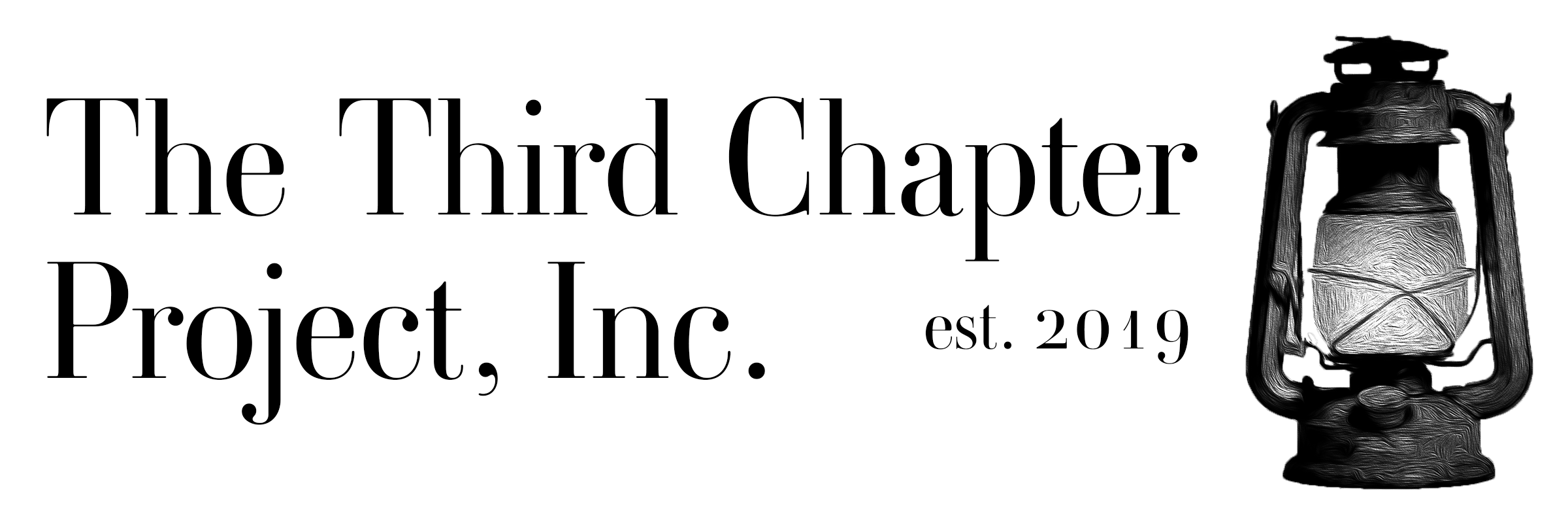by Third Chapter President Lee Walton
When we first conceptualized the Third Chapter Project, Inc., our mission was to facilitate access to Humanities and social science via electronic resources to scholars in under-served communities. Africa was a natural choice as we became aware of the immense knowledge gap between developed countries and developing countries through our colleagues at the American Council of Learned Societies. What we learned from this experience was the critical need for the dissemination of scholarship coming out of and within Africa.
For anyone who has been following this blog, you will not be surprised to learn how much we rely on our Advisory Committee (consisting of 17 African scholars) to be the voice of their community. All agree that the demand for current scholarship from the Global North is important, but the need for locally generated scholarly communications distributed to the rest of the world is critical for the future of African scholarship.
In his article, Writing history: flow and blockage in the circulation of knowledge, Dr. Steven Feierman, author and professor Emeritus at University of Pennsylvania wrote about the need for local scholars to be on the forefront of research in Africa. They deserve to get the recognition for what they provide rather than simply contributing to better funded counterparts. Because locals provide better context, when research product from community scholars becomes widely available to the world, it contributes to better knowledge overall. (or: The local context they provide to the community scholars’ research contributes to better overall knowledge when made available around the world.)
On a more localized level, our advisory committee members are telling us that a vital element of the Third Chapter Project is the dissemination of African generated scholarship to the rest of the world because it elevates African researchers. The exposure leads to a broader understanding of Africa and an acceptance of those conducting the research at the local level.
It is important to recognize that the continent of Africa represents 54 countries and 1.6 billion people and yet generates only 3% of the total global knowledge output, the majority of which is in the STEM fields.
To learn more, I would suggest reading Dr. Steven Feierman’s Writing history: flow and blockage in the circulation of knowledge.

